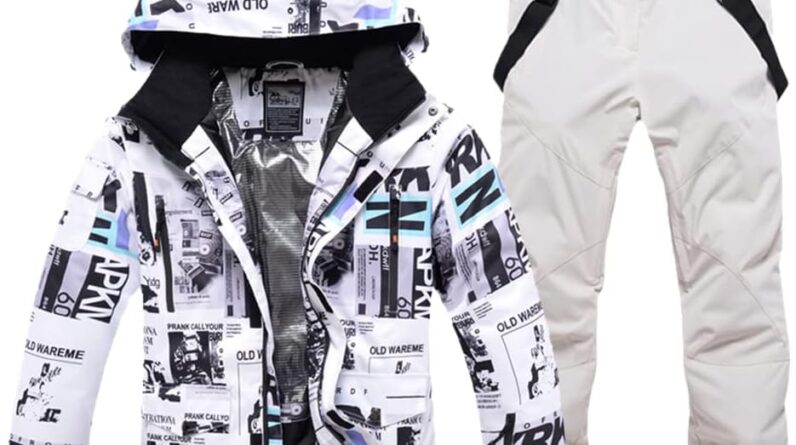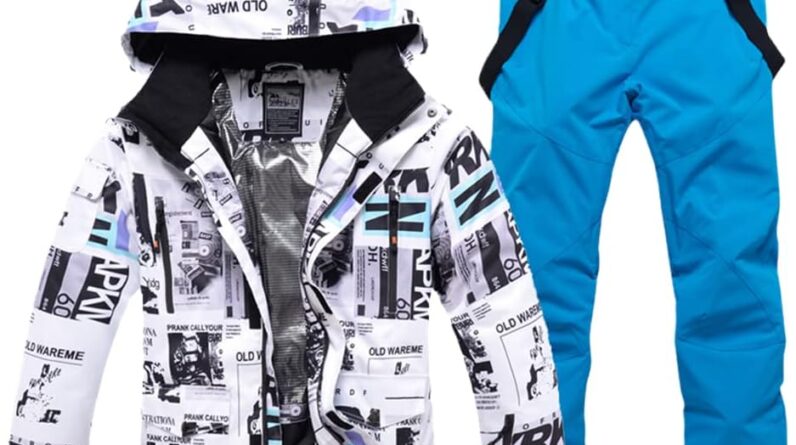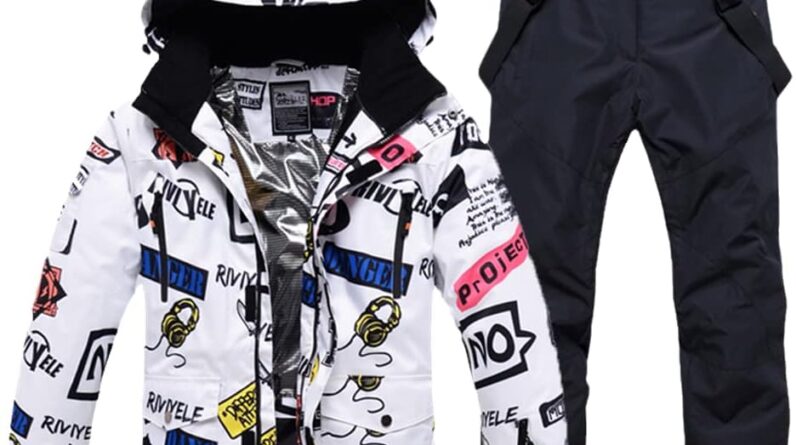
Whether you’re a seasoned surfer or just starting out, protecting your surfboard is crucial to ensure its longevity. That’s where surfboard socks come in. These protective covers act as a barrier, shielding your board from scratches, dings, and UV rays. But with so many options available, how do you decide which surfboard sock is the perfect fit for you? In this article, we’ll share some handy tips and insights to help you navigate the wide variety of surfboard socks on the market, ensuring your board gets the protection it deserves. So grab your favorite beverage, put your feet up, and get ready to dive into the world of surfboard sock selection.
Factors to Consider
When it comes to selecting the perfect surfboard sock, there are several factors that you need to consider. The right surfboard sock can provide the necessary protection for your beloved board, keeping it safe from scratches, dings, and UV damage. Here are ten key factors that you should keep in mind when choosing the ideal surfboard sock.
Board Size
The first factor to consider is the size of your surfboard. Surfboard socks come in various lengths, widths, and thicknesses to accommodate different board sizes and shapes. The length of the sock should be slightly longer than your board to ensure a proper fit. Measure your surfboard’s length, width, and thickness and choose a sock that matches these dimensions.
Board Type
Another important factor to consider is the type of surfboard you have. Different surfboard types require different types of socks for optimal protection. Whether you have a shortboard, longboard, fish, funboard, or hybrid, there is a specific sock designed to fit and protect your board. Make sure you choose a sock that is designed for your board type to ensure a snug fit and maximum protection.

This image is property of surfd.com.
Material
The material of the surfboard sock plays a crucial role in its performance and durability. There are several materials commonly used for surfboard socks, including polyester, neoprene, canvas, and Lycra. Polyester socks are lightweight and provide excellent UV protection, while neoprene socks offer added cushioning and impact resistance. Canvas socks are known for their durability, and Lycra socks provide a stretchy and snug fit. Choose a material that suits your needs and preferences.
Fit
The fit of the surfboard sock is essential for proper protection and ease of use. There are three main types of fits: snug fit, stretchy fit, and adjustable fit. A snug fit sock provides a tight and secure fit, ensuring that the sock stays in place and doesn’t slide off during transportation or storage. A stretchy fit sock offers flexibility and can accommodate different board sizes. An adjustable fit sock allows you to customize the fit according to your board’s dimensions.

This image is property of surfd.com.
Design
While design may not affect the performance or functionality of the surfboard sock, it is still an important factor for many surfers. The design of the sock can reflect your personal style and preferences. Consider the pattern, color, and any logo or brand designs when choosing a surfboard sock. Whether you prefer a vibrant and eye-catching design or a more subtle and understated look, there is a wide range of designs available to suit your taste.
Cushioning
Cushioning is crucial for protecting your surfboard from dings and impacts. Look for a surfboard sock that offers sufficient cushioning to absorb any shock or pressure during transportation or storage. Padded socks provide extra cushioning and protection, while thick socks offer enhanced shock absorption. However, keep in mind that very thick socks may be more cumbersome to handle. Alternatively, thin socks provide a lightweight and low-profile option.

This image is property of content.cavewire.com.
Ventilation
Proper ventilation is important for preventing the build-up of moisture and promoting airflow around your surfboard. Look for surfboard socks that feature mesh panels or breathable materials to allow air to circulate. This helps to prevent the board from becoming soggy or developing mold and mildew, especially if you frequently transport your board or live in a humid climate.
Durability
Durability is a crucial factor to consider when choosing a surfboard sock. You want a sock that will withstand the rigors of transportation, storage, and regular use. Pay attention to the stitching quality of the sock, as well as any reinforced areas that may be prone to wear and tear. Additionally, look for socks that offer good abrasion resistance, as this will help prevent any damage to the sock and extend its lifespan.
This image is property of i.shgcdn.com.
Price
While it’s tempting to opt for the cheapest surfboard sock available, it’s important to consider the overall value for money. Investing in a high-quality surfboard sock may cost more initially but can save you money in the long run by providing better protection and durability. Consider your budget and compare prices, but also take into account the features, materials, and overall quality of the sock before making a decision.
Brand
Lastly, consider the brand when choosing a surfboard sock. Established brands often have a good reputation for producing high-quality products, backed by extensive research and development. However, there are also many new or independent brands that offer innovative and unique sock designs. Research different brands, read reviews, and consider their experience and expertise in the industry to make an informed decision.
In conclusion, selecting the perfect surfboard sock requires careful consideration of various factors. Take into account the size, type, material, fit, design, cushioning, ventilation, durability, price, and brand when choosing a sock for your surfboard. By choosing the right sock, you can ensure that your board stays protected and in great condition, allowing you to enjoy the waves for years to come.
This image is property of i.shgcdn.com.






